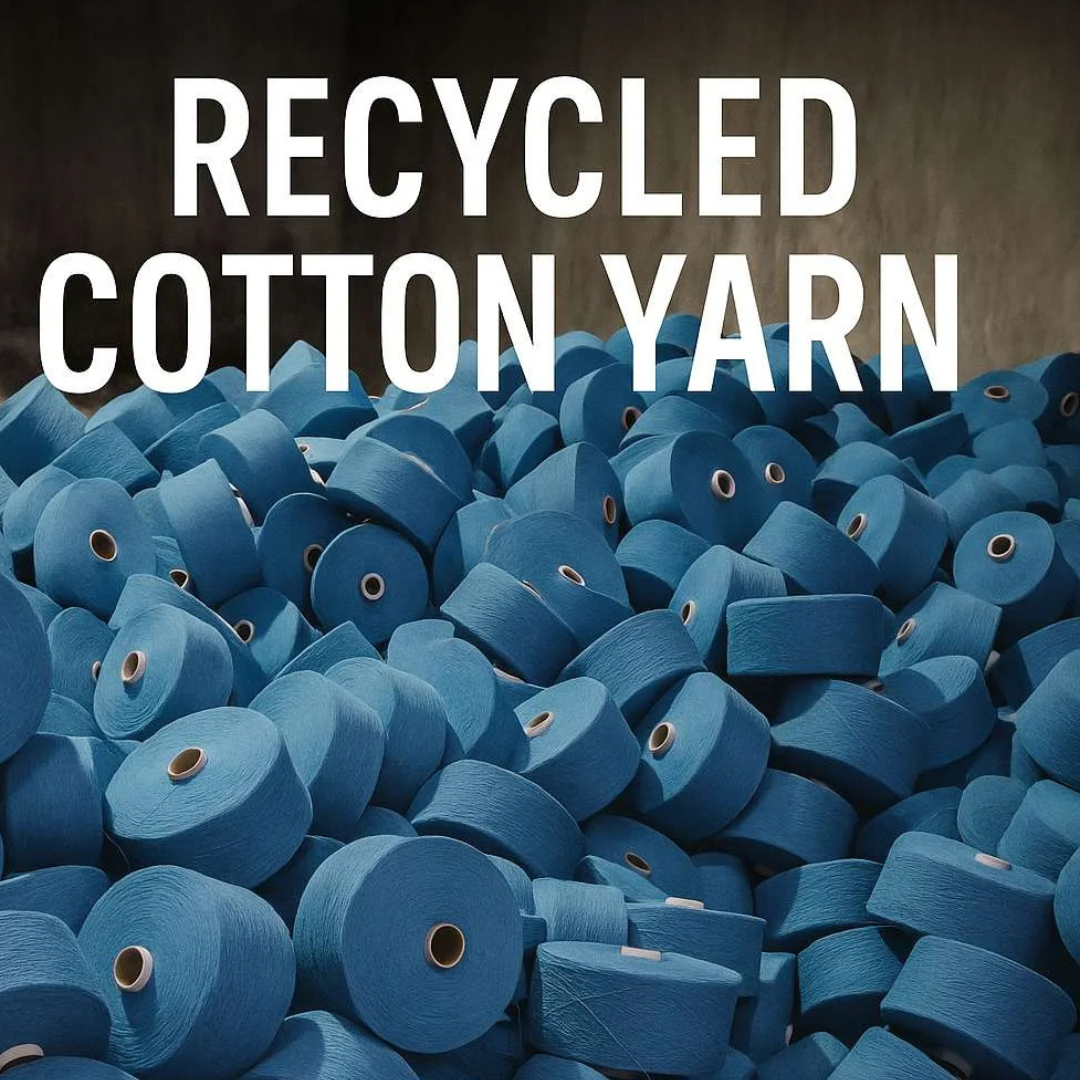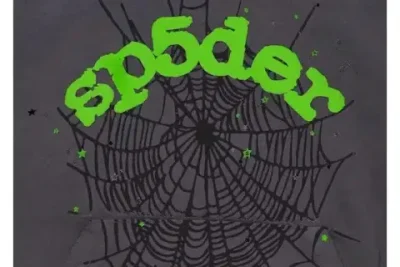In recent years, sustainability has moved from the fringes of fashion and craft to become a central focus for creators around the world. As climate change and textile waste continue to dominate environmental conversations, more knitters, designers, and manufacturers are turning to sustainable alternatives. One such innovation making waves in the textile industry is Cotton Recycled Yarn. Once discarded as waste, cotton fabrics are now being repurposed into high-quality yarn that is not only eco-friendly but also versatile and affordable. This article dives deep into how Recycled Cotton Yarn is revolutionizing the knitting landscape and why it matters more than ever.
What is Cotton Recycled Yarn?
Cotton Recycled Yarn is produced by collecting and processing pre-consumer or post-consumer cotton waste—such as leftover fabric from garment factories, used cotton garments, or production scraps. These cotton fibers are broken down mechanically, cleaned, re-spun, and twisted into yarns that can be used for knitting, crocheting, and weaving.
There are generally two sources for recycled cotton:
- Pre-consumer waste: Includes leftover material from the production process.
- Post-consumer waste: Involves used garments or textiles that are no longer wearable.
Recycling these materials reduces landfill waste, conserves water, and decreases the need for virgin cotton production—which is notoriously resource-intensive.
Environmental Impact and Sustainability
Cotton is known to be one of the most water-intensive crops, requiring nearly 20,000 liters of water to produce just one kilogram. By contrast, Recycled Cotton Yarn requires significantly less water, energy, and chemical input. This not only reduces the environmental footprint of textile manufacturing but also promotes a circular economy where waste is transformed into a valuable resource.
Some key environmental benefits of using Cotton Recycled Yarn include:
- Reduced water usage
- Lower carbon emissions
- Less textile waste in landfills
- Minimal use of dyes and chemicals
When you choose recycled yarns, you’re not just making an eco-friendly decision; you’re supporting a system that values resourcefulness and creativity over consumption.
Why Knitters are Embracing Recycled Cotton Yarn
The shift toward sustainability isn’t limited to large manufacturers; individual knitters and crafters are also making more informed choices. Here are some reasons why Recycled Cotton Yarn is becoming a favorite among knitters:
- Softness & Quality: Despite common misconceptions, modern recycling techniques produce yarns that are soft, durable, and pleasant to work with.
- Affordability: Compared to organic or virgin cotton yarn, recycled options are often more budget-friendly.
- Color Variety: Since recycled yarn often retains its original color, it reduces the need for harsh dyes. Many manufacturers offer a stunning array of natural and muted tones.
- Eco-conscious Crafting: Crafters want their projects to reflect their values. Choosing Cotton Recycled Yarn is a statement in support of ethical and sustainable practices.
The Role of Cotton Recycled Yarn Manufacturers
Behind the scenes, Cotton Recycled Yarn Manufacturers play a pivotal role in this sustainable revolution. By investing in state-of-the-art recycling facilities and environmentally responsible practices, these manufacturers are setting new standards for textile production.
Top Cotton Yarn Manufacturers use advanced mechanical processes to convert cotton waste into spinnable fibers without the use of harmful chemicals. Many of them also maintain certifications such as GRS (Global Recycled Standard) or OEKO-TEX, ensuring that their products are safe and genuinely sustainable.
Moreover, these manufacturers are collaborating with fashion brands, textile designers, and DIY markets to expand the reach of recycled cotton products. Their innovations are making it possible for both hobbyists and professionals to access high-quality yarns that don’t compromise the planet.
Applications and Trends in Knitting
Recycled Cotton Yarn isn’t just a substitute for traditional yarn—it’s paving the way for new design approaches and product categories. Some popular uses include:
- Home decor: Pillows, throws, wall hangings
- Fashion accessories: Scarves, bags, hats
- Children’s wear: Soft and safe for sensitive skin
- Eco-friendly gift items: Handmade and sustainable gifts are trending
Designers are embracing the unique textures and hues that come with recycled yarns, often incorporating them into collections that highlight natural aesthetics and ethical production.
How to Choose Quality Recycled Yarn
When shopping for Cotton Yarn, keep the following tips in mind:
- Check the fiber content: Look for labels that specify the percentage of recycled material.
- Look for certifications: GRS, OEKO-TEX, and other certifications ensure authenticity and safety.
- Buy from reputable manufacturers: Choose from known Cotton Yarn Manufacturers with transparent practices.
- Test for strength: Some recycled yarns may be slightly weaker due to shortened fibers. Always test a swatch first.
The Future of Recycled Cotton Yarn
As awareness of climate change grows, so does the demand for sustainable materials. Cotton Yarn Manufacturers are rising to the challenge by refining their techniques, increasing production capacity, and innovating in design.
In the coming years, we can expect to see:
- Greater availability in mainstream stores
- Improved blends with other eco-fibers (like bamboo or hemp)
- Collaborations with major fashion brands
- Enhanced traceability and transparency in the supply chain
Final Thoughts
Recycled Yarn is more than just a trend—it’s a testament to the power of conscious crafting and sustainable innovation. By choosing recycled materials, we not only reduce waste but also help foster a textile industry that values ethics, creativity, and environmental responsibility.
Whether you’re a seasoned knitter or a curious beginner, incorporating Recycled Cotton Yarn into your projects is a step toward a greener future. And with the support of forward-thinking Recycled Cotton Yarn Manufacturers, this movement is only just beginning to unravel its full potential.
So the next time you pick up your knitting needles, remember: your yarn can be as thoughtful as your craft.
Read More at : https://techners.net/











Leave a Reply